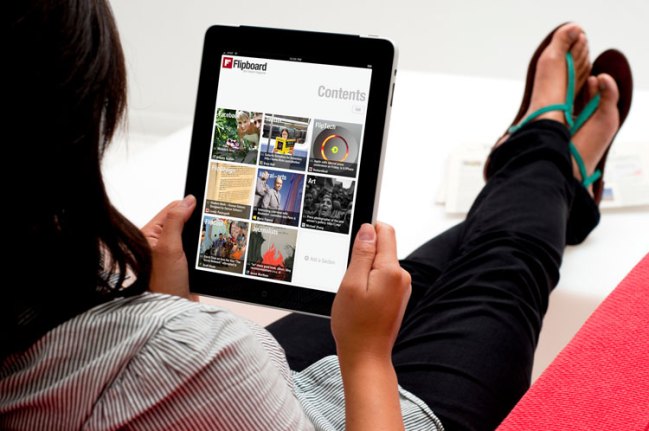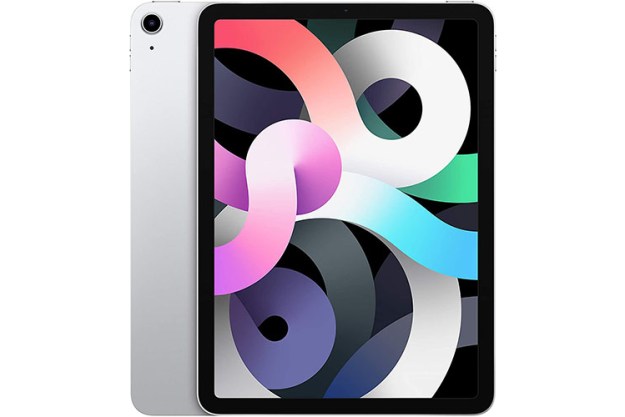
Aggregators fit in perfectly with the self-obsessed state of the Internet. Everything revolves around you. Search engines that integrate social results are pulling from your group of friends; Facebook and Twitter have made sure that you are able to broadcast your every thought and activity; becoming a YouTube celebrity is actually possible.
Aggregation services capitalize on the fact that we’re addicted to being able to personalize everything in our digital lives.
Which of course, has its benefits. How many people want to troll through daily deal sites that aren’t customized to their location? Not a lot. But of course, most of these Groupon-mimics take it a step further by grabbing your age, sex, likes, dislikes, hobbies, income level, occupation, favorite snack, etc, in order to churn out coupons that will appeal to you and possibly only you.
Here’s why the convenience of aggregators can sometimes cause more harm than good.
Living in your own world…literally
Truth be told, there isn’t a lot of harm with local discount aggregators. Of course, the more you define yourself for these sites, the narrower of a pool some of them pull from. And as long as you don’t care about what coupons from local vendors you’re missing out on, there’s nothing wrong with it. But what about other aggregators? Services like Flipboard, Zite, News.me, and Trove want to offer you all the latest news – as long as it’s within the realm of things you want to hear about.
Trove, the Washington Post’s online answer to the array of tablet and smartphone optimized news aggregators, pulls much of its customization from your Facebook profile. So if you lied to look smarter (you didn’t really read War and Peace, did you?) or prefer to reveal nothing on the site, Trove’s got its work cut out for it. Not to worry: The site puts you through a series of questions to determine exactly what you want to read and through its algorithm, you will be delivered a personalized paper.
But when it comes to news, restricting yourself to subjects that strictly adhere to your identity and demographic seems like a bad idea. The purpose of these aggregators is to customize news so you don’t have to troll through things that don’t interest you, but that means you’re narrowing what you’re exposed to. A person could digitally exist within his or her own world, staying up to date on only part of what’s going on in the world. On one hand, convenience: Save those precious seconds where you bypass the business or lifestyle section. On the other, ignorance: Don’t we all learn things we never intended to by just running across a headline we’d otherwise disregard? StumbleUpon is the only curator that embraces this idea, although it also asks a series of questions to gauge where your interests lie.
There are also aggregators that work by simply scouring your Twitter or Google Reader activity, such as Zite does. So if what you’re reading is a product of what you’ve said, it seems like the information you’re taking in and putting out becomes entirely cyclical; you’re stuck reading and repeating the same topics.
Giving away your data
If a plea for awareness isn’t enough to convince you there might be a dangerous side to news aggregators, then what about the sake of your personal information? It doesn’t (or shouldn’t) take a genius to understand that the customization process on these sites yields extremely valuable data for advertisers. Social networking sites have been in hot water for selling your profile information to third parties, so what’s to stop anyone else from doing it? MySpace is currently being sued for actually handing over user data to aggregators even though the site assured users they could opt out of giving their information away. And of course, these aggregators were then shipping the precious information off to advertisers. According to the lawsuit, “MySpace knowingly serves and profits handsomely from being a conduit through which details of the most intimate aspects of its members’ lives, as reflected in their Internet browsing history and otherwise are transmitted to data aggregators, who package the information into profiles and sell it like any other commodity to advertisers.”
It seems obvious that these sites aren’t simply creating these aggregation applications simply for your benefit. They aren’t only trying to make your life simpler and cut down on the news clutter – they want to know their readers. Advertisers aren’t the only ones profiting: Your information is a commodity and it will be used by anyone that can get their hands on it. There’s a price to be paid for personalization.
Mass media can suffer
In addition to hurting readers, there’s also the industry to think about. Zite recently landed itself in hot water with major publishers. In a very strict cease-and-desist letter, companies like the AP, Dow Jones, Gannett, Getty Images, National Geographic, Time, Slate, and the Washington Post more or less accused the site of plagiarism.
“By systematically reformatting, republishing, and redistributing our original content on a mass commercial scale without our permission in your iPad application, Zite directly and adversely impacts our businesses. Your application takes the intellectual property of our companies, as well as the hard and sometimes dangerous work of tens of thousands of people. It deprives our websites of traffic and advertising revenue. We do not know your intentions, but your actions harm our companies and the broader media and news industry on which your application relies for its content.”
Sure, it’s difficult to pity these large publishers and their larger yet net revenues, but they’ve got a point. Why Zite is the only target, we’re unsure, but the sentiment still rings true – except for the fact that the Washington Post just launched its own aggregator, Trove, which pulls news from over 10,000 sources. Traditional publications aren’t the only ones getting in on the game: Mashable recently introduced Mashable Follow and LinkedIn offers a news feature tailored to your interests. The more sites introduce their own news curators, the more likely it is some media toes are going to be stepped on.


